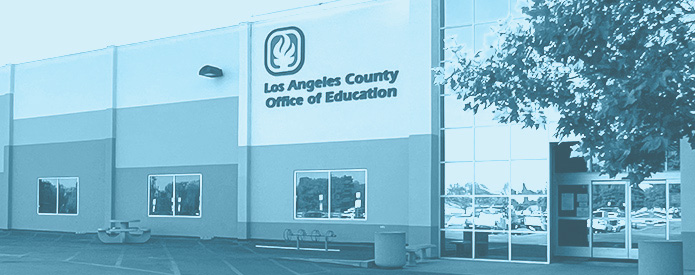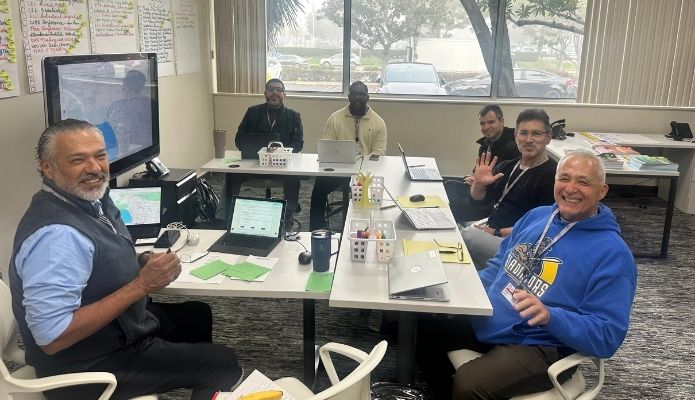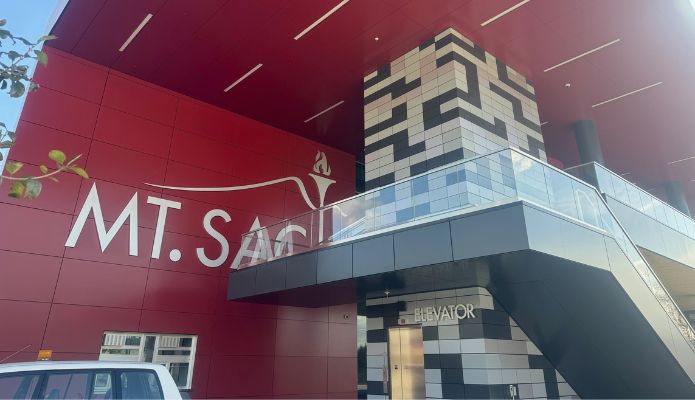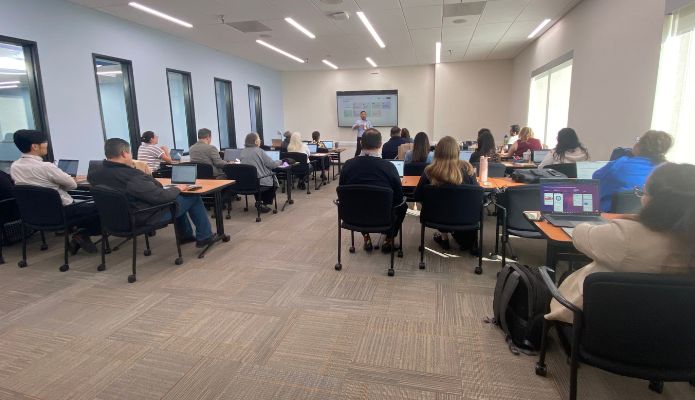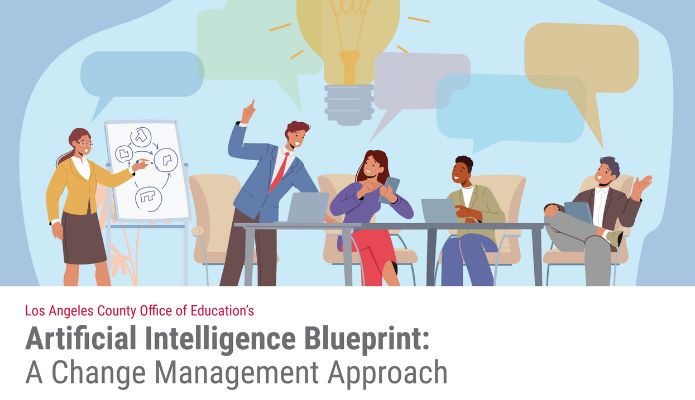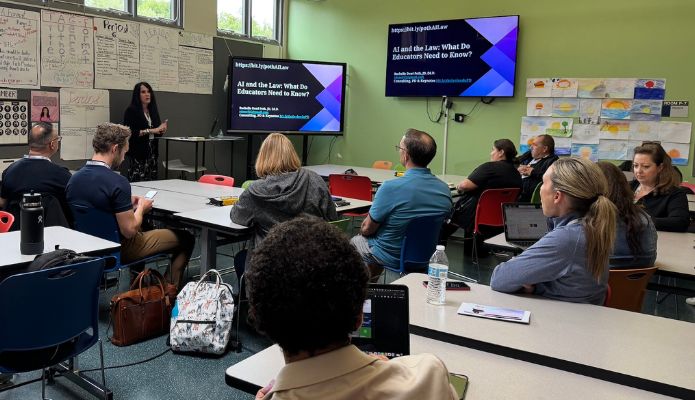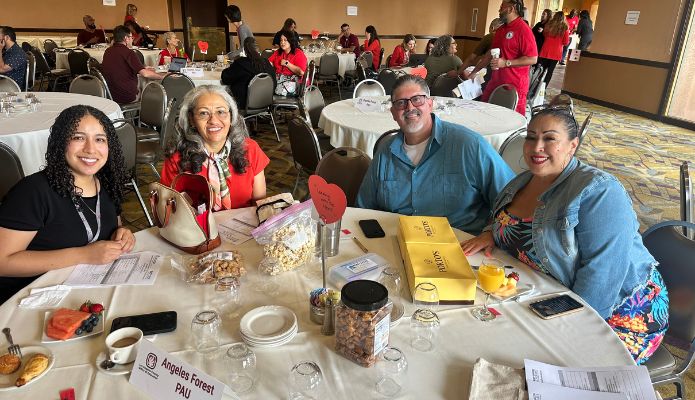How AI and AR/VR Trainings Are Transforming Classrooms in Juvenile Halls and Camps
Mon Aug 18 15:00:00 PDT 2025
LACOE’s EdTech and Innovation team has brought these trainings to Los Padrinos Juvenile Hall, Angeles Forest PAU and Camp Kirby.
Educators in Los Angeles County’s juvenile halls and camps are gaining the tools and confidence to integrate artificial intelligence (AI), augmented reality (AR) and virtual reality (VR) into their classrooms, ushering in a new era of education for some of the county’s most underserved students.
LACOE’s EdTech and Innovation team has brought these trainings to Los Padrinos Juvenile Hall, Angeles Forest PAU and Camp Kirby, building on their commitment to reach every camp and hall across the county. With over 80 educators, 25 special education professionals and six administrators trained so far, the initiative is growing momentum and impact.
While the trainings are designed for teachers and administrators, the goal is clear: empower educators to bring cutting-edge, inclusive technologies to the young people who need them most. These students, often disconnected from traditional education systems, benefit immensely from the engagement and accessibility that AI and AR/VR can offer.
“VR gives students a chance to explore subjects in a hands-on, immersive way that’s just not possible through textbooks,” said Alvaro Brito, LACOE’s EdTech Innovator Coordinator II. “It improves motivation and retention, and it’s especially powerful for students with trauma or learning differences who need different ways to connect with material.”
Staff are being trained to use AI tools for real-time differentiation—adapting lessons based on student learning styles and progress—and to incorporate AR/VR experiences that make abstract concepts tangible. These aren’t just flashy gadgets; they are tools for inclusion, rehabilitation and hope. The trainings also emphasize ethical, responsible use of technology—especially critical in justice-involved settings. Educators are learning how to implement AI, AR and VR with a focus on equity, privacy and trauma-informed practices.
Though early in implementation, the impact is already clear. Teachers are expressing excitement, curiosity and a growing belief that technology can help them better serve their students—whether through differentiated instruction, immersive science simulations or tools to support students with disabilities.
The message is simple but powerful: students in juvenile halls and camps deserve the same future-forward education as any other learner. And thanks to these trainings, educators are now better equipped to deliver it.







